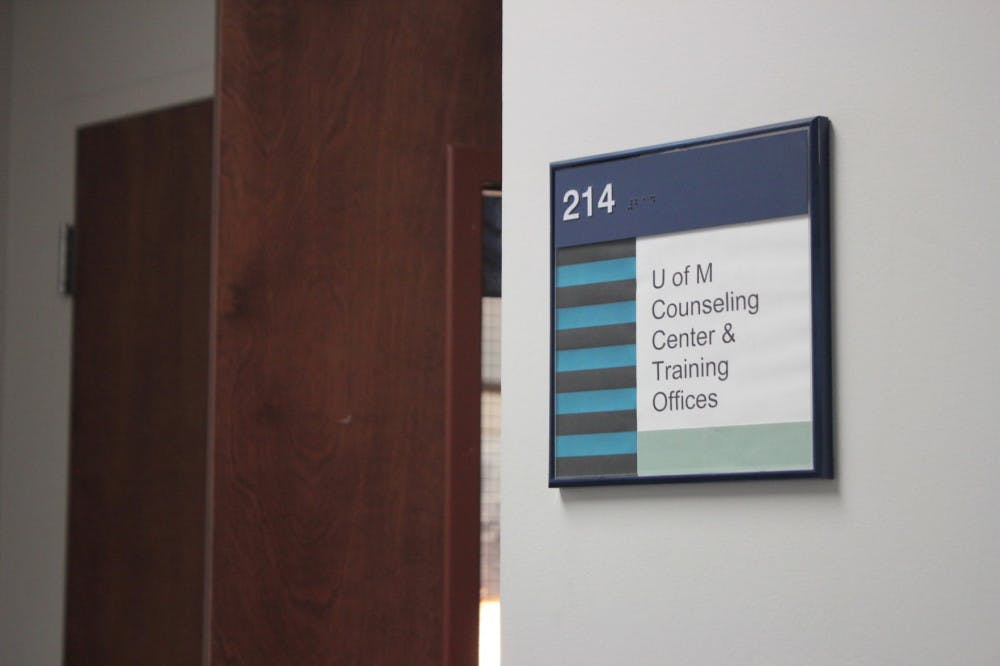During Sexual Assault Awareness Month, an ongoing investigation has prompted campus experts to encourage the reporting of sexual assaults and to take safety precautions that may in turn prevent these assaults from happening.
A U of M student reported a sexual assault complaint to campus police on April 2, according to a campus police report written by Officer James Greenleaf. The student, a Carpenter resident, told police she communicated with the suspect on social media and invited him to her apartment.
Derek Myers, interim chief of police at U of M, said the school provides several services for sexual assault victims.
“On campus, there is the Counseling Center, Office of Constitutional Equity and the Dean of Students Office to offer support and assist survivors in a variety of ways,” Myers said.
There is also a Rape Crisis Center in Memphis, which provides free and confidential counseling services, advocacy and forensic nursing to victims who may or may not report their assault to law enforcement.
Many victims do not report these incidents to police for a few different reasons, according to the 2014 National Crime Victimization Survey. These reasons include because victims viewed assaults as personal matters, feared retaliation from the suspect or believed that assaults would not be handled by police.
“We strongly encourage reporting all sexual assaults to police, although it is not required of a survivor,” Myers said. “Time is very important as collection and preservation of evidence is critical to any prosecution.”
The 2014 survey also found that only 20 percent of sexually assaulted students reported assaults to police, while 32 percent of non-students aged 18-24 did.
The majority of sexual assault reports usually involve drug and alcohol usage and people who know each other, Myers said. The Bureau of Justice Statistics reported that 6 in 10 rape or sexual assault victims were assaulted by a relative, friend, acquaintance or an intimate partner.
Justin Lawhead, associate vice president for student affairs and dean of students, said there are not specific ways to prevent sexual assault, but it is important for people to know their surroundings and have an understanding of consent between two people.
“If students are going to parties, they should be mindful of the people they are around and the choices he or she makes and make sure they have a friend with them at all times as much as possible,” Lawhead said.
Myers believes discussing sexual assault awareness has created a change in the campus community and the rest of the world.
“By educating people about risky behaviors, encouraging bystander intervention and encouraging and supporting survivors, we are starting to see a cultural change here and nationally,” Myers said.
From March 31 to April 4, the Student Activities Council (SAC) hosted “Fifty Shades of Blue,” a sexual awareness week that consisted of events that discussed consent, bystander intervention and the stories of sexual assault victims. A karaoke night, panel discussion, informational table, outdoor festival and a sex trivia game night served as weekly activities that allowed students and faculty members to attain information and enjoy themselves at the same time.
The U of M Counseling Center provides several services for sexual assault victims. The Office of Constitutional Equity and the Dean of Students Office also offer support and assist survivors in many ways.




